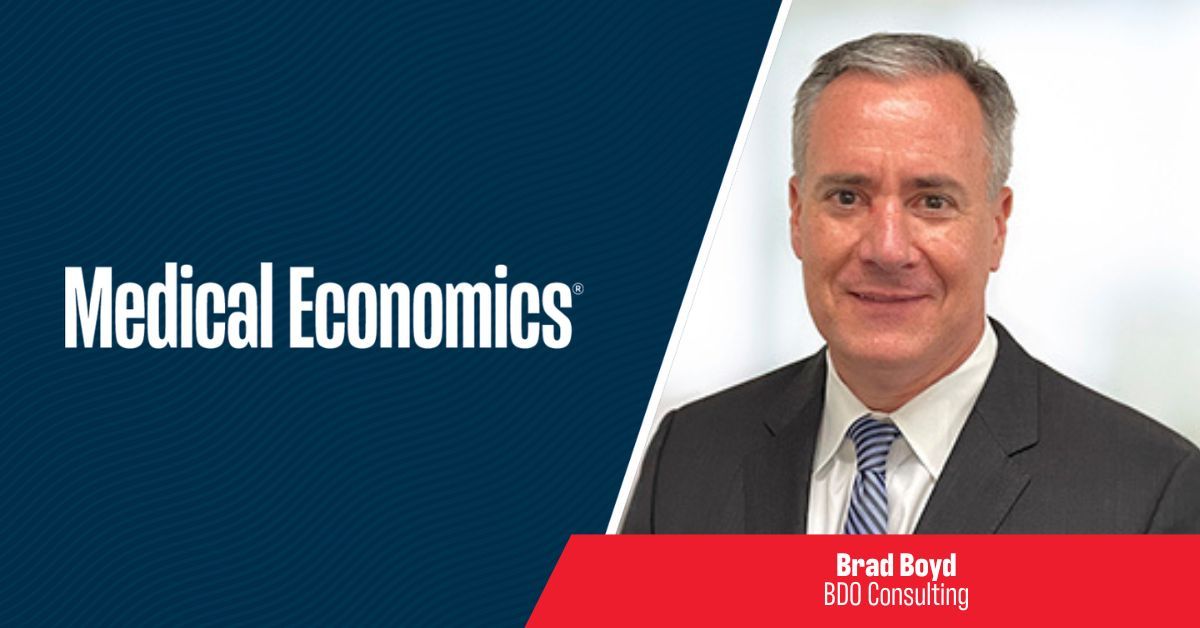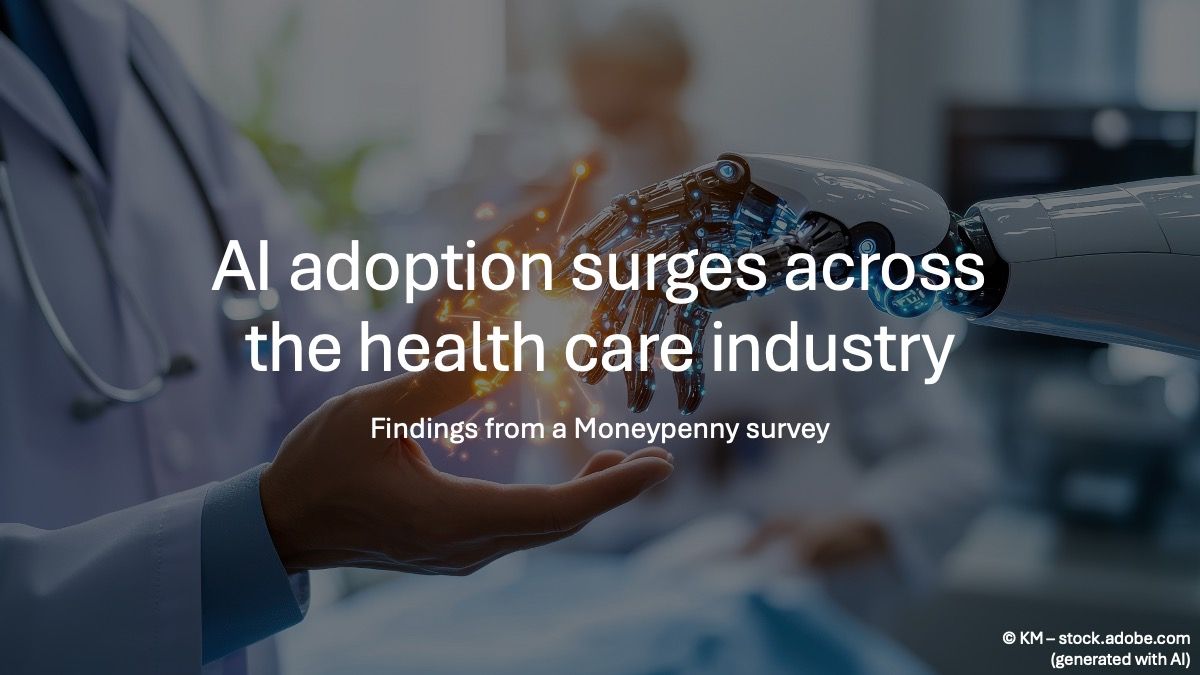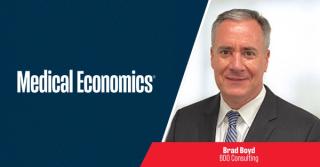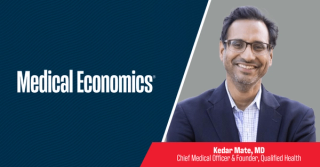
AI
Latest News
Latest Videos

CME Content
More News

A new survey of health care executives shows most organizations are underprepared for AI-powered cyberattacks and blind to software supply chain vulnerabilities — even as breaches and business impacts rise.
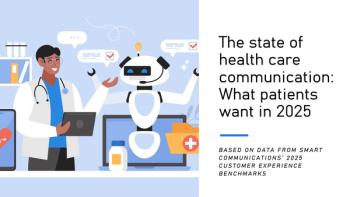
A new survey reveals growing demand for clear, digital-first communication — and rising frustration with outdated forms, inconsistent channels and clunky omnichannel experiences.

A new ModMed survey finds most patients support AI in the exam room, but only for tasks that reduce screen time and build human connection.
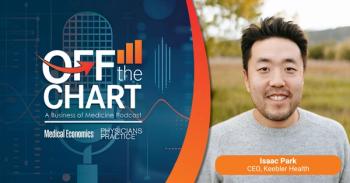
Isaac Park, CEO of Keebler Health, joins the show to talk agentic AI and how it can be used in health care.

A new perspective piece calls on health systems to stop hoarding data and start using it to improve care.
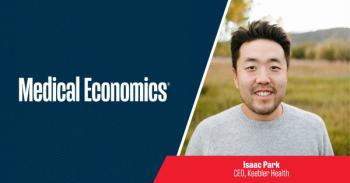
Agentic AI comes with a lot of hype, but what can it really do for physicians?

Survey data show that delays, denials and added steps tied to prior authorization are worsening patient outcomes and creating frustration — but AI may help streamline the process.

MIT researchers find that large language models may shortchange women and vulnerable patients based on how clinical inquiries are typed.

Agentic AI comes with a lot of hype, but what can it really do for physicians?

A new study from Brazil suggests machine learning may ease referral overload and reduce unnecessary specialist visits — but not without caveats.

Agentic AI comes with a lot of hype, but what can it really do for physicians?

Agentic AI comes with a lot of hype, but what can it really do for physicians?

Agentic AI comes with a lot of hype, but what can it really do for physicians?

Texas A&M and Humanate debut an emotionally intelligent AI assistant to ease clinic workloads. Its name is Cassie.

Agentic AI comes with a lot of hype, but what can it really do for physicians?

Agentic AI comes with a lot of hype, but what can it really do for physicians?

A new Qlik survey reveals a deep trust divide in how patients view AI, health data privacy and tech companies.

Agentic AI comes with a lot of hype, but what can it really do for physicians?

Collaboration will build Lumeris’ Tom platform on Google Cloud’s AI infrastructure, with the goal of increasing access to high-quality primary care for millions of Americans.

A poll of U.S. doctors reveals strong physician interest in AI’s potential, but warns of gaps in training, trust and accountability.

AI and data analytics will cut through administrative clutter and enable payers and providers to collaborate proactively, especially for “rising risk” patient groups

Stanford Medicine pilots AI-powered software helping clinicians query patient records, accelerate chart review and automate administrative decisions.

Wolters Kluwer’s new report reveals high hopes for generative AI across health care, but few organizations have the policies, training or infrastructure to make it work.

A new study finds artificial intelligence can match doctors on facts, but struggles with empathy, nuance and consistency.

Despite rising guardrails, health care workers continue using personal artificial intelligence and cloud apps — often in ways that violate HIPAA and put patients’ trust at risk.

